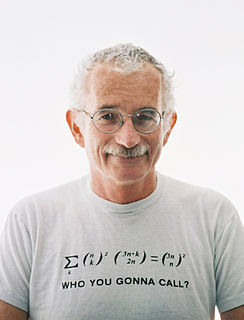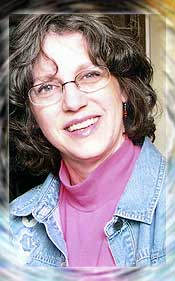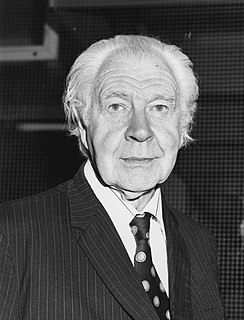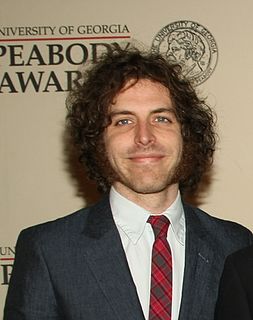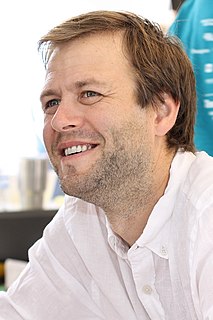A Quote by Freeman Dyson
...the computer models are very good at solving equations of fluid dynamics but very bad at describing the real world. The real world is full of things like clouds and vegetation and soil and dust which the models describe very poorly.
Related Quotes
Until now, physical theories have been regarded as merely models with approximately describe the reality of nature. As the models improve, so the fit between theory and reality gets closer. Some physicists are now claiming that supergravity is the reality, that the model and the real world are in mathematically perfect accord.
Going back into the history of a word, very often into Latin, we come back pretty commonly to pictures or models of how things happen or are done. These models may be fairly sophisticated and recent, as is perhaps the case with 'motive' or 'impulse', but one of the commonest and most primitive types of model is one which is apt to baffle us through its very naturalness and simplicity.
I think I've owned all the models of iPods so far. And these days between my iPod, iPhone and my personal laptop computer, I'm someone who is very, very grateful for all the ways to listen to music and completely switch off from people around me and listen to the music in detail, which is very hard to do if you're in a room with other people.
One might think this means that imaginary numbers are just a mathematical game having nothing to do with the real world. From the viewpoint of positivist philosophy, however, one cannot determine what is real. All one can do is find which mathematical models describe the universe we live in. It turns out that a mathematical model involving imaginary time predicts not only effects we have already observed but also effects we have not been able to measure yet nevertheless believe in for other reasons. So what is real and what is imaginary? Is the distinction just in our minds?

